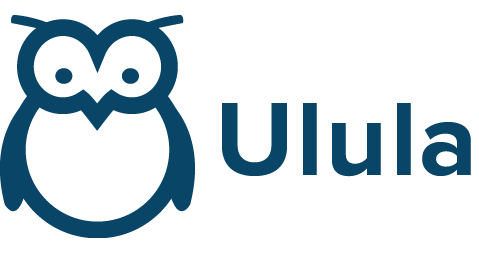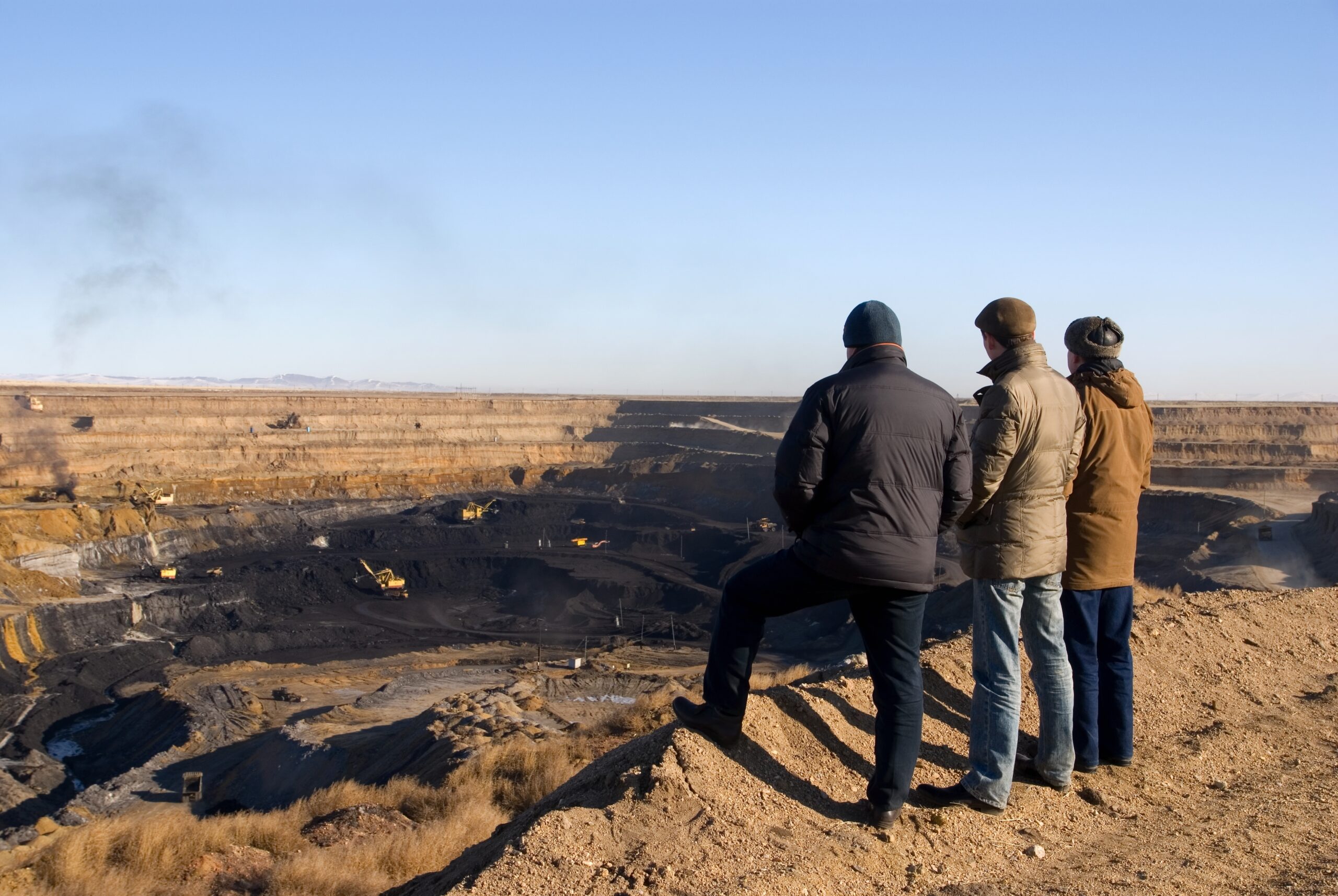Geopolitical tensions and the energy transition have thrust the extractive industries into the limelight.
The discourse around mining is no longer dormant until an accident happens. Rightly so, as mining drives 45% of the world’s economic activity. The EU’s upcoming Corporate Sustainability Due Diligence Directive will require the oil, gas and mining industry to start thinking seriously about their approach to Human Rights Due Diligence (HRDD) in their supply chains. Failure to comply could lead to fines, civil liability or revocation of a company’s license to operate with a community. As such, ESG remains top of the agenda in boardrooms across the sector.
Stakeholder Engagement is the New Way of Doing Business
The extractive industries face specific challenges for companies looking to manage human rights issues for workers and affected communities. A lack of data, and a lack of adequate tools, can obstruct social improvements. The Corporate Sustainability Due Diligence Directive will cover four out of five companies in the sector. Compliance with this, and similar upcoming due diligence laws, means companies will have to ensure that the voices above ground, whether they be indigenous groups, workers, or affected communities, are listened to.
Developments in stakeholder-voice technology mean companies can go directly to workers and affected communities for real-time, continuous primary source data on emergent risks to develop a complete understanding of those risks. By establishing a HRDD process powered by rights holders, the process of predicting and preventing human rights risks is simplified, allowing businesses to build positive stakeholder relationships, secure a license to operate, and future-proof their social compliance policies.
Given the complicated social factors at play, the extractive industries must pay special attention to risk prevention, which means stakeholder engagement, private sector accountability and a clear, verifiable HRDD process are non-negotiable priorities.
An HRDD policy that doesn’t directly address the practical needs of stakeholders is the fast track to a dissatisfied workforce and conflictual relationships with communities. Operational risk is an acute pain point for the extractive industries, where local community action can incur millions in daily losses for a company. As a social license to operate is an operational and legal imperative, HRDD cannot remain in the abstract as a box-checking exercise. For HRDD policies to enable social compliance, they must be dynamic enough to overcome complex, localized issues and accurately reflect realities on the ground.
Empower Communities, Engage Suppliers and Ensure Compliance
Ulula’s platform is tailored to the requirements of the communities and workers that use it. They ensure its communications technology is anonymous, secure, language-agnostic and available on the devices workers use.
The platform provides workers with standardized, automated surveys designed according to internationally recognized HRDD standards. It helps businesses to gather real-time data on a host of metrics, like health and safety, working hours and conditions, forced or child labour, social compliance, discrimination, and more. These insights are visualized in a shareable company dashboard with aggregated statistics which can be filtered by risk, type, region, frequency, and wider categories. With report-ready metrics built on primary source data, companies can engage suppliers about due diligence concerns with confidence.
The platform transitions into a grievance protocol, functioning as a holistic, two-way communication case management system. It allows companies to observe patterns, collate evidence, monitor case progress, provide progress updates, and back up their due diligence reporting with facts.
Future Proofing Social Compliance
Stakeholder voice technology will kickstart an evolution in community and worker engagement. The resulting scalability and cost reductions will allow mining companies to maximize the potential of responsible business conduct policies in ways that were impossible just a few years ago.
Using direct to rights-holder, community voice technology and obtaining real-time feedback on events as they occur on the ground is the key to future proofing HRDD in the extractive industries. Ulula puts workers and communities first, while giving inclusive real-time, primary source data about HRDD risks to due diligence practitioners. Capture risks before they capture the headlines, comply with due diligence obligations, and make a positive impact in mining communities.
If you work in the extractive industries and would like to find out more, please contact [email protected].

